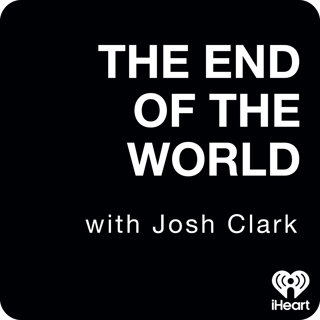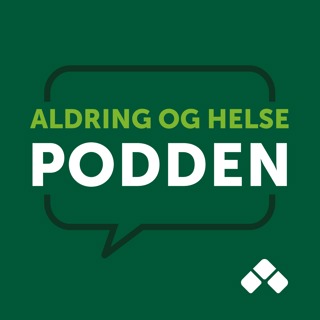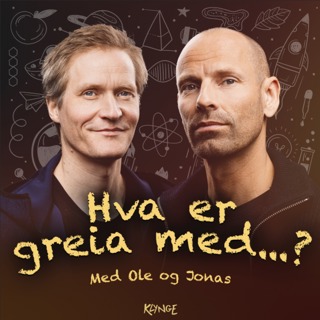
Simulation Argument (Epilogue)
There’s one last thing. Maybe the reason why we don’t see other intelligent life, maybe the reason we are in the astoundingly unique position of having to save the future of the human race, is because we are simulated human beings. It would explain a lot. (Original score by Point Lobo.)Interviewees: Nick Bostrom, Oxford University philosopher and founder of the Future of Humanity Institute; Anders Sandberg, Oxford University philosopher; Seth Shostak, director of SETI Learn more about your ad-choices at https://www.iheartpodcastnetwork.comSee omnystudio.com/listener for privacy information.
5 Des 201848min

End
Josh explains that to survive the next century or two – to navigate our existential threats – all of us will have to become informed and involved. It will take a movement that gets behind science done right to make it through the Great Filter. (Original score by Point Lobo.) Interviewees: Toby Ord, Oxford University philosopher; Sebastian Farquahar, Oxford University philosopher Learn more about your ad-choices at https://www.iheartpodcastnetwork.comSee omnystudio.com/listener for privacy information.
30 Nov 201842min

Embracing Catastrophe
We humans are our own worst enemies when it comes to what it will take to deal with existential risks. We are loaded with cognitive biases, can’t coordinate on a global scale, and see future generations as freeloaders. Seriously, are we going to survive? (Original score by Point Lobo.)Interviewees: Nick Bostrom, Oxford University philosopher and founder of the Future of Humanity Institute; Toby Ord, Oxford University philosopher; Anders Sandberg, Oxford University philosopher; Sebastian Farquahar, Oxford University philosopher; Eric Johnson, University of Oklahoma professor of law Learn more about your ad-choices at https://www.iheartpodcastnetwork.comSee omnystudio.com/listener for privacy information.
28 Nov 201846min

Physics Experiments
Surprisingly the field of particle physics poses a handful of existential threats, not just for us humans, but for everything alive on Earth – and in some cases, the entire universe. Poking around on the frontier of scientific understanding has its risks. (Original score by Point Lobo.) Interviewees: Don Lincoln, Fermi National Laboratory senior experimental particle physicist; Ben Shlaer, University of Auckland cosmologist University of Auckland; Daniel Whiteson, University of California, Irvine astrophysicist; Eric Johnson, University of Oklahoma professor of law Learn more about your ad-choices at https://www.iheartpodcastnetwork.comSee omnystudio.com/listener for privacy information.
23 Nov 20181h 13min

Biotechnology
Natural viruses and bacteria can be deadly enough; the 1918 Spanish Flu killed 50 million people in four months. But risky new research, carried out in an unknown number of labs around the world, are creating even more dangerous humanmade pathogens. (Original score by Point Lobo.) Interviewees: Beth Willis, former chair, Containment Laboratory Community Advisory Committee; Dr Lynn Klotz, senior fellow at the Center for Arms Control and Non-Proliferation. Learn more about your ad-choices at https://www.iheartpodcastnetwork.comSee omnystudio.com/listener for privacy information.
21 Nov 201857min
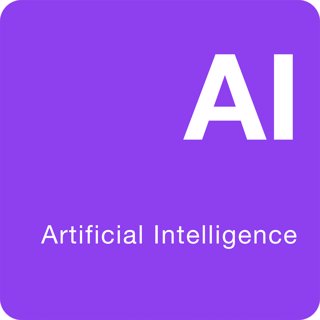
Artificial Intelligence
An artificial intelligence capable of improving itself runs the risk of growing intelligent beyond any human capacity and outside of our control. Josh explains why a superintelligent AI that we haven’t planned for would be extremely bad for humankind. (Original score by Point Lobo.) Interviewees: Nick Bostrom, Oxford University philosopher and founder of the Future of Humanity Institute; David Pearce, philosopher and co-founder of the World Transhumanist Association (Humanity+); Sebastian Farquahar, Oxford University philosopher. Learn more about your ad-choices at https://www.iheartpodcastnetwork.comSee omnystudio.com/listener for privacy information.
16 Nov 201841min

Natural Risks
Humans have faced existential risks since our species was born. Because we are Earthbound, what happens to Earth happens to us. Josh points out that there’s a lot that can happen to Earth - like gamma ray bursts, supernovae, and runaway greenhouse effect. (Original score by Point Lobo.) Interviewees: Robin Hanson, George Mason University economist (creator of the Great Filter hypothesis); Ian O’Neill, astrophysicist and science writer; Toby Ord, Oxford University philosopher. Learn more about your ad-choices at https://www.iheartpodcastnetwork.comSee omnystudio.com/listener for privacy information.
14 Nov 201837min
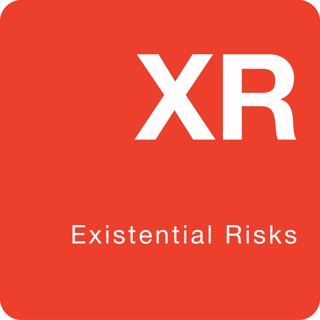
X Risks
Humanity could have a future billions of years long – or we might not make it past the next century. If we have a trip through the Great Filter ahead of us, then we appear to be entering it now. It looks like existential risks will be our filter. (Original score by Point Lobo.) Interviewees: Nick Bostrom, Oxford University philosopher and founder of the Future of Humanity Institute; David Pearce, philosopher and co-founder of the World Transhumanist Association (Humanity+); Robin Hanson, George Mason University economist (creator of the Great Filter hypothesis); Toby Ord, Oxford University philosopher; Sebastian Farquahar, Oxford University philosopher. Learn more about your ad-choices at https://www.iheartpodcastnetwork.comSee omnystudio.com/listener for privacy information.
7 Nov 201839min
